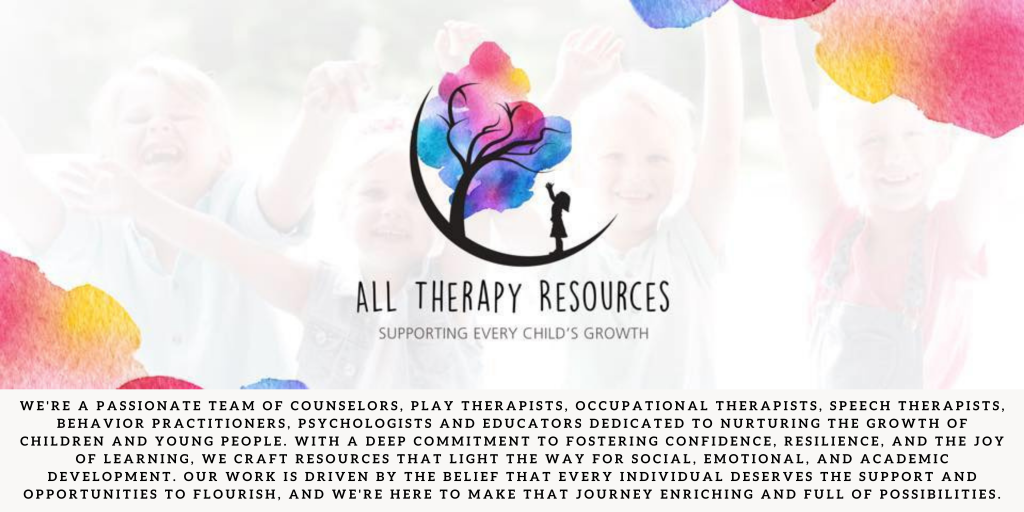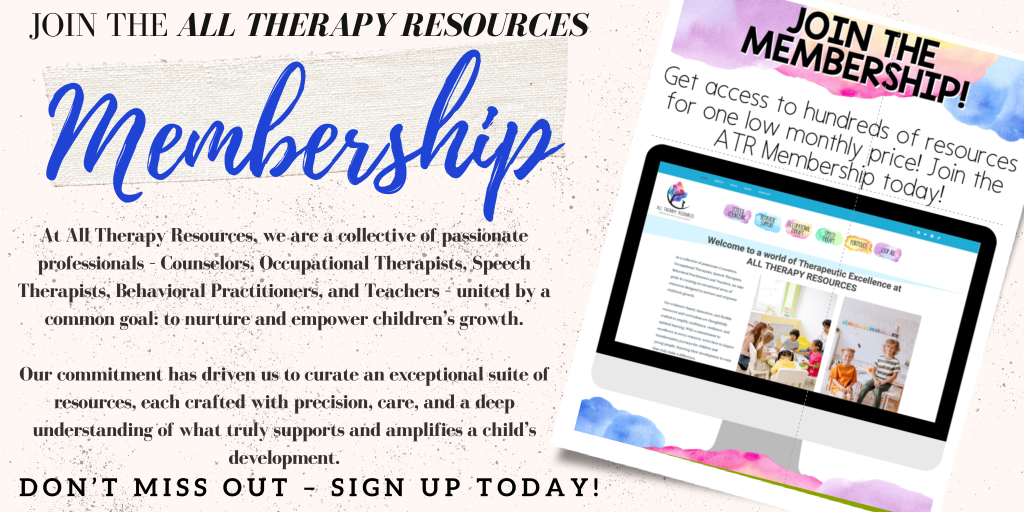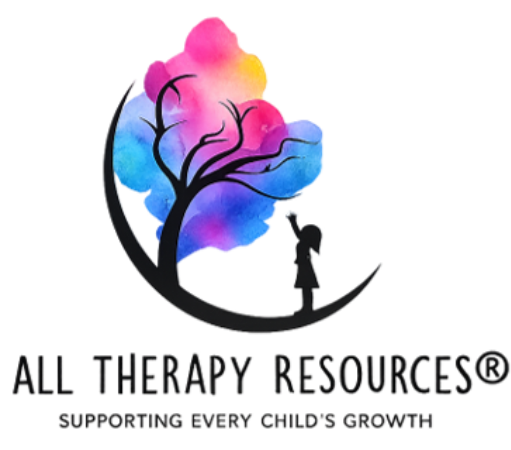
Being a school counselor is a lot like being a detective in an intriguing mystery. Every day, you’re gathering clues, getting to know all sorts of personalities, and tackling a big question: With so many students needing help, how do you figure out who needs one-on-one time and who might benefit from the camaraderie of group counseling?
It’s kind of like deciding whether someone needs the quiet of a cozy coffee shop corner to think things through, or if they’re more suited to the lively atmosphere of a shared table, buzzing with conversation and shared experiences. Each space has its own charm and way of offering comfort and support. Right?
Figuring out which setting will help a student flourish is crucial to helping them grow. So, let’s get into this puzzle and see if we can’t make sense of it together, shall we?
Understanding the Student’s Landscape
Imagine each student as a book. Some are open books, eager to share their stories, while others are more like locked diaries, needing a bit of coaxing to open up. Individual counseling is like having a one-on-one session with that book, diving deep into its pages in a safe, confidential space.
This approach is tailored for those intricate, delicate issues that require undivided attention and a personalized touch. This is perfect for those students who might feel as though they’re silently bearing an enormous burden all on their own. It gives them a space where they can openly share what’s really going on inside them—their deepest worries and fears—without worrying about others overhearing.
On the flip side, group counseling has its own unique charm. It’s somewhat akin to being part of a book club where everyone is reading the same story, going through similar life episodes together. So, this environment creates a feeling of belonging and mutual understanding. Additionally, it reassures students that they are not alone in overcoming their obstacles.
Spotting the Right Fit
So, how do you crack the code and match a student to the right counseling approach? It starts with a keen understanding of the student’s needs and a healthy dose of intuition. Here are a few signposts to guide the way:
- For Individual Counseling: Look for students who might be dealing with complex, personal issues that require privacy and depth. These might include intense anxiety, depression, or family matters. Students who are introspective or might not thrive in a group setting due to shyness or social anxiety could also benefit more from one-on-one support.
- For Group Counseling: Keep an eye out for students facing challenges that are common among their peers, such as bullying, stress management, or academic pressures. Those who could use a boost in social skills or need to feel a sense of belonging might find group counseling particularly rewarding.
Remember, flexibility is key. It’s entirely possible to start a student in one format and realize they might benefit more from the other. The goal is to provide the most effective support, not to stick to a predetermined path.
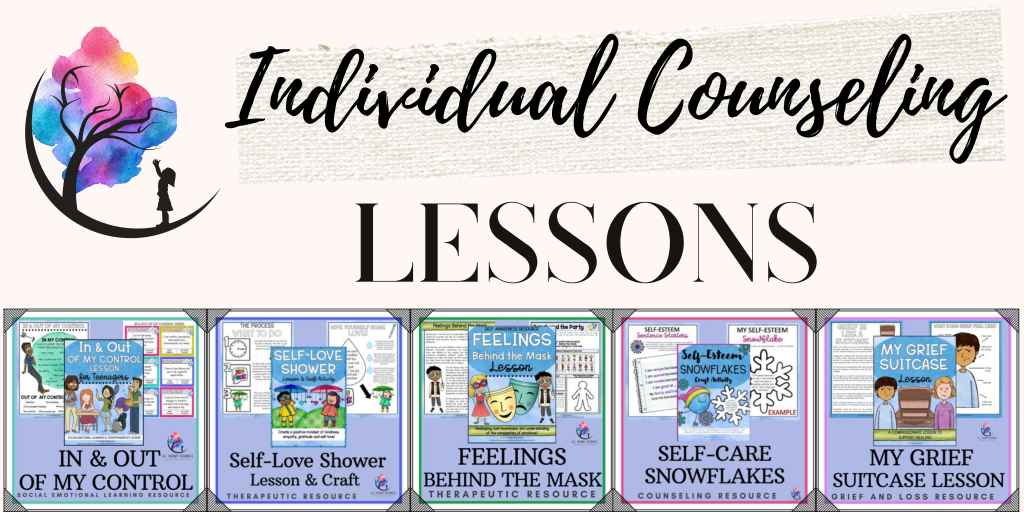
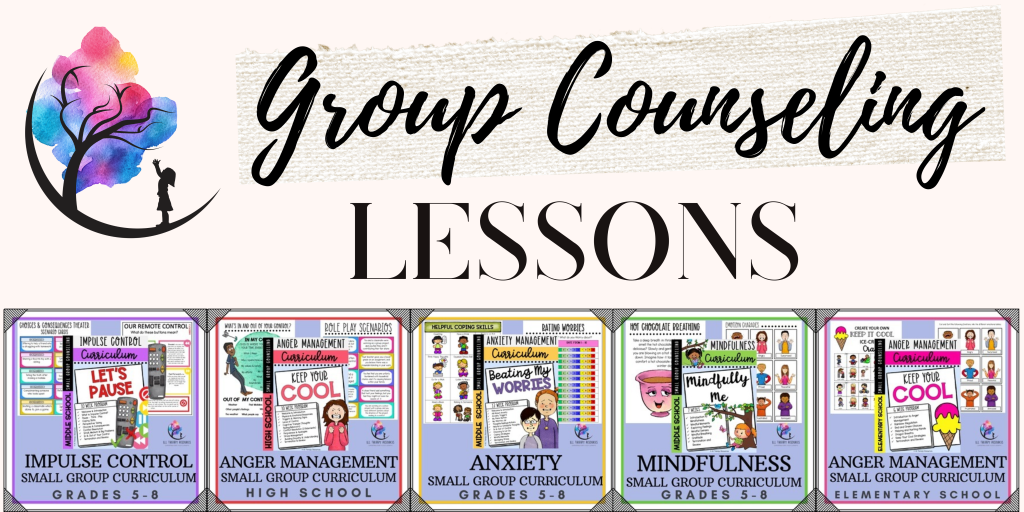
Questions to Reflect On
Navigating the complex landscape of student support requires a nuanced understanding of each individual’s needs. As school counselors, we are tasked with the pivotal role of identifying the most effective form of counseling for each student — a decision that can significantly impact their personal growth and academic success.
The choice between individual and group counseling is not one to be taken lightly, as each offers distinct advantages and challenges. To aid in this critical decision-making process, it is beneficial to engage in a reflective practice that considers multiple dimensions of the student’s experiences, needs, and the counseling objectives. Below is a curated list of self-reflective questions designed to guide school counselors through a comprehensive evaluation, ensuring that the chosen counseling modality aligns with the best interests of the student and fosters an environment conducive to their development and well-being.
- Assessment of Needs:
- What are the specific needs of the student, and which format (individual or group) best addresses these needs?
- Does the student require personalized attention that can only be achieved in a one-on-one setting?
- Nature of the Issues:
- Are the student’s issues personal and private, or are they issues that could be effectively addressed through shared experiences in a group?
- Is there a particular topic or issue that a group of students could benefit from discussing together?
- Student’s Personality and Social Skills:
- How does the student typically react in social situations? Would they feel more comfortable and be more likely to open up in an individual or group setting?
- Could the student benefit from the social aspects of group counseling, such as developing social skills, learning from peers, and receiving peer support?
- Safety and Trust:
- Will the student feel safe and trust the counseling environment enough to express themselves freely?
- Can confidentiality be ensured to the degree necessary for the student’s comfort and openness, especially in a group setting?
- Goals of Counseling:
- What are the goals of counseling for this particular student, and are those goals better served in an individual or group context?
- Does the student have specific behavioral goals that might benefit from the modeling and reinforcement present in a group?
- Readiness and Willingness:
- Is the student ready and willing to participate in group counseling, or would they benefit more from individual attention at this stage?
- How might the student’s stage of readiness for change affect their engagement in either form of counseling?
- Resource Availability:
- Are the necessary resources available to conduct effective group counseling sessions, or are the resources more suited for individual counseling?
- How does my current caseload and time availability impact the decision to offer group versus individual counseling?
- Cultural and Contextual Considerations:
- How do the student’s cultural background and personal circumstances influence their suitability for group or individual counseling?
- Are there cultural considerations that might affect the student’s perception and acceptance of group counseling?
- Therapeutic Alliance:
- Have I established a strong enough therapeutic alliance with the student that would allow for effective work in a group setting?
- Would individual counseling help in building a therapeutic relationship before potentially moving into a group setting?
- Feedback and Progress Monitoring:
- How will the student’s progress be monitored and feedback be provided in either setting?
- Would the student benefit from the immediate and direct feedback that can be provided in individual counseling, or the diverse perspectives offered in a group?
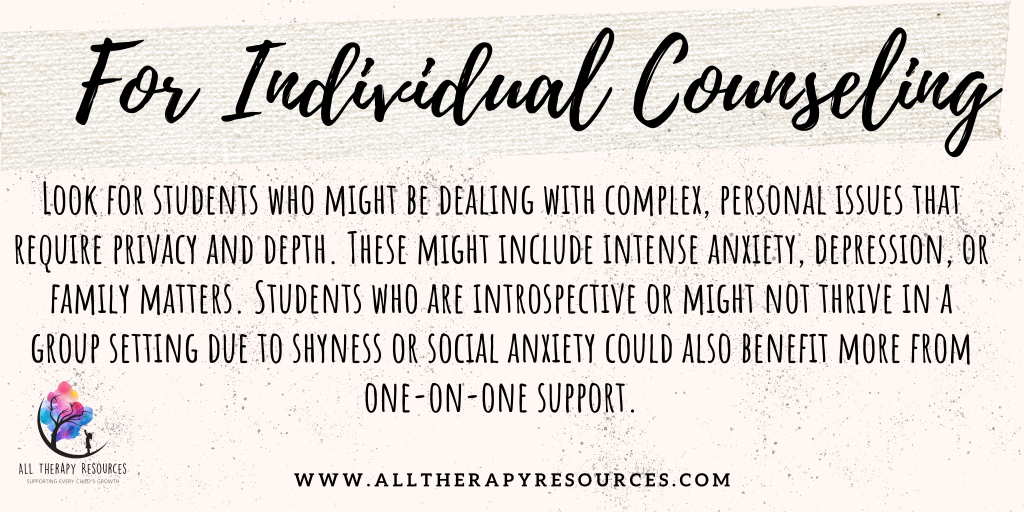
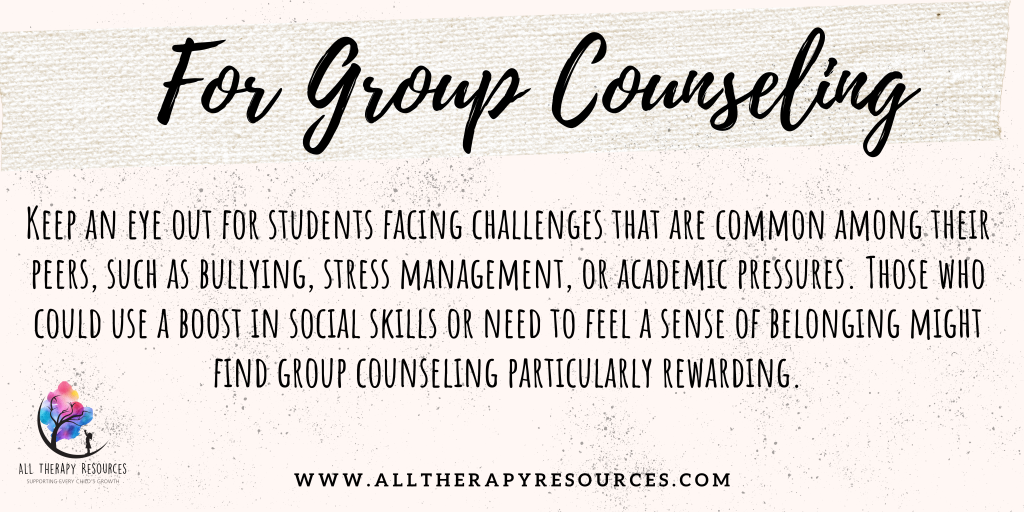
Introducing Game-Changing Resources
Now, let’s talk about tools of the trade. Resources can make all the difference in delivering impactful counseling sessions, whether you’re going the individual or group route. Thankfully, there are some stellar materials out there designed to make your life easier and your counseling sessions more effective.
Here is something for the Group Counseling Enthusiasts!
If you’re leaning towards group sessions, you’re in luck. The Small Group Counseling Curriculum Bundle on Grief and Loss is a must-have. It’s essentially a roadmap through the tough terrain of grief and loss, providing structured activities and discussions that guide students through their emotions in a collective setting. This resource is invaluable for helping students understand they’re not alone in their feelings, fostering a supportive group dynamic.
On the flip side, for those wrangling with impulse control or anger management, the Small Group Counseling Curriculum Bundle is a godsend. It’s packed to the brim with practical strategies, activities, and discussions designed to help students navigate their emotions and reactions. Think of it as a toolkit for building emotional resilience and fostering understanding among students, creating a safe space for them to express themselves and learn from each other.
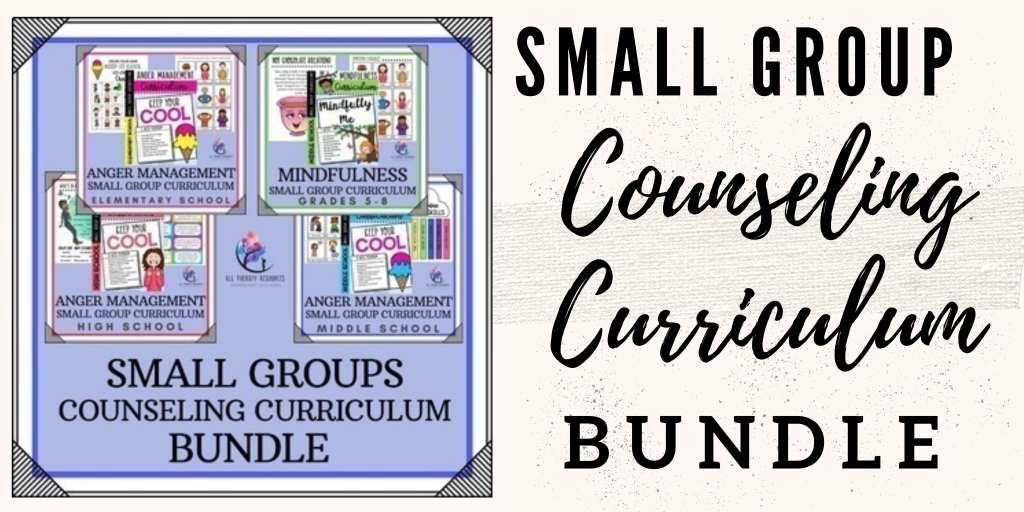
Wrapping It Up with a Bow
At the end of the day, choosing between individual and group counseling boils down to understanding the unique needs and personalities of your students. It’s about creating a safe, supportive environment where they can explore their feelings, face their challenges, and grow. Whether it’s through the intimate setting of individual counseling or the collective healing power of group sessions, the goal remains the same: to guide each student on their journey toward emotional well-being.
So, dear school counselors, as you sift through those referrals and make those crucial decisions, remember that you’re not just choosing between two counseling formats. You’re crafting personalized paths to support, healing, and growth for each of your students. With the right approach and resources at your disposal, you’re well-equipped to make a profound difference in their lives.
Ready to embark on this rewarding journey? Let’s turn the page and start writing those success stories, one student at a time.
FAQs: Choosing Between Individual and Group Counseling in Schools
How do I know if a student is better suited for individual counseling?
Individual counseling might be the best fit for students dealing with complex, personal issues that require privacy and a tailored approach. Signs to look for include intense anxiety, depression, significant family problems, or students who are naturally introspective and might not feel comfortable sharing in a group setting.
What types of issues are best addressed in group counseling?
Group counseling is particularly effective for challenges that many students face, such as bullying, stress management, academic pressures, and developing social skills. It’s ideal for students who need to feel a sense of belonging or who could benefit from learning that others share their experiences and struggles.
Can a student switch between individual and group counseling if their needs change?
Absolutely! Flexibility is key in school counseling. It’s common to start a student in one type of counseling and later transition them to another as their needs evolve. The primary goal is to provide the most effective support for each student’s unique journey.
What resources can support effective group counseling sessions?
For group counseling, resources like the Small Group Counseling Curriculum Bundle on Grief and Loss or the Bundle for Impulse Control and Anger Management can be incredibly valuable. These resources offer structured activities, discussions, and strategies tailored to address common issues in a group setting, fostering a supportive and understanding community among students.
What are the benefits of integrating specialized counseling resources into sessions?
Integrating specialized resources into counseling sessions enhances the effectiveness of the support provided. These resources offer structured guidance and activities that are designed to engage students actively, help them navigate their emotions, and learn coping strategies in a safe environment. Whether for individual or group counseling, these tools can significantly enrich the counseling experience, making it more impactful for students.
